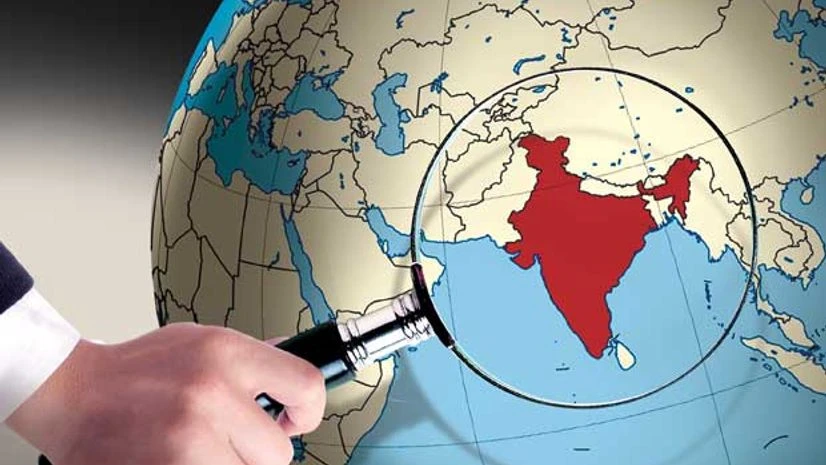"You should not be restricting use of data for generating information (in maps and geospatial information)," AS Kiran Kumar, Chairman of Indian Space Research Organisation (Isro) said in an interview. "If there are certain kinds of restrictions which you want to put, talk about them and let it go through a vetting process. Otherwise, whatever restrictions you want to put, it cannot be general".
Isro has shared its comments with the Ministry of Home Affairs, which put the draft Geo Information Bill on its website for public feedback.
Kumar, who is also the chairman of the Space Commission, the apex body that oversees India's space activities, says the agency is collaborating with government departments and colleges to crowd source local mapping data to build applications for agriculture, preserving heritage sites, urban planning and road building.
The draft bill has sparked outrage among cyber law experts that claim there are several loose ends in the proposed legislation. The draft fails to specify under what circumstances the collection of geospatial data will require vetting from security agencies, which broadly outlaws even taking photograph with a smartphone that geotags the location.
For publishing a wrong map of India, the bill proposes a punishment of up to Rs 100 crore in fine and a 7-year jail term. It, however, does not have provisions for specifying who the blame falls upon in case data is sourced from a third party and published by someone else.
Experts argue that the government, using the argument of protecting the sovereignty, integrity and security of India, is trying to frame laws that are extremely wide in their scope. Moreover, the draft legislation is applicable to any person anywhere in the world, making it impossible to enforce.
If the Bill is passed, it could have severe implications on companies such as Google, Apple, Uber, Airbnb and several others as their businesses are reliant on collecting geospatial data. Another cause for concern is the government's proposal to hand out licenses for the collection of geospatial data in India, with no clear directives on how and who can gets a license.

)
